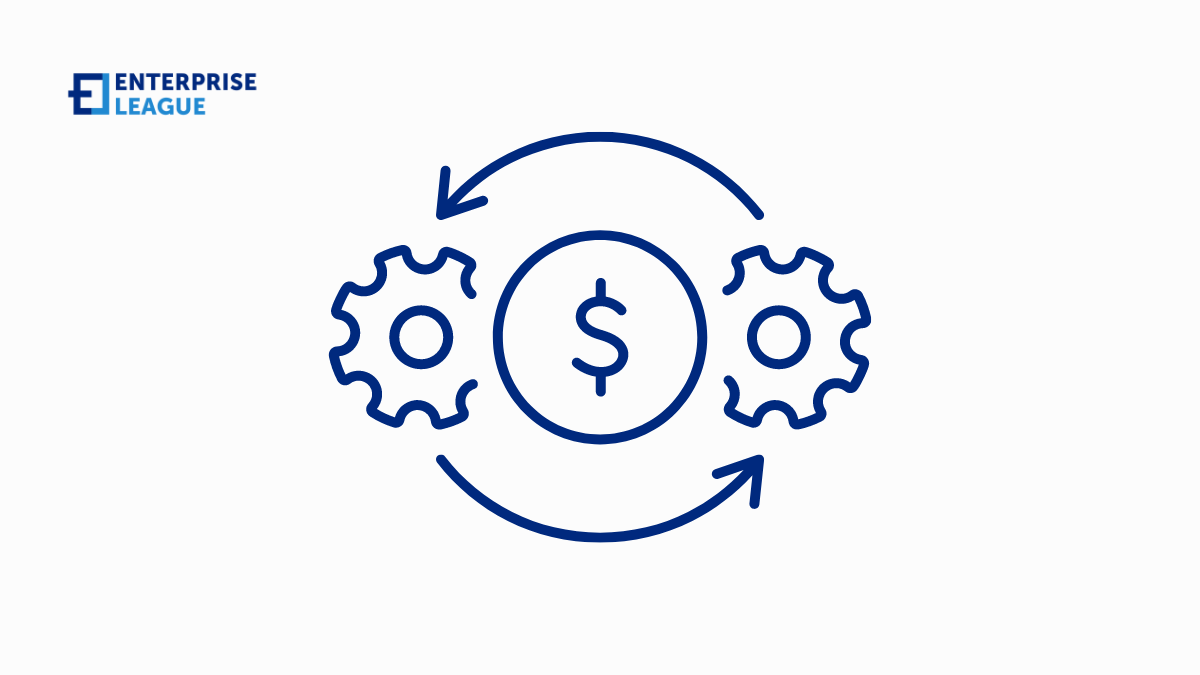Money is almost always a common struggle for start-ups. When every cent counts, and you don’t always know where your next dollar is coming from, being able to save money and invest it where it’s needed can be the difference between success and failure. Here are a few ways to save money in your start-up business.
Define your goals
The first thing you need to do is have clearly defined goals for every aspect of your business. Whether it be marketing, packaging supplies, hiring goals, or anything in between, a list of goals will help you see where you should and shouldn’t spend money.
One mistake many start-ups make is investing in areas that don’t support their overall goals, which only leads to wasted money.
Money Management
It doesn’t matter how big or small your start-up is or what industry you are in; money management is far more important than you realize. Keeping track of your expenses, knowing how much money is coming in, making a budget, etc, are all incredibly important aspects of your business.
If you can afford it, enlist the help of a professional, such as an accountant or financial advisor. They become more and more useful as your business grows, but using their expertise early on will get you on the right track sooner rather than later.
Lease or rent
Whether it be a workspace or equipment, leasing or renting can be your best friend. An office or warehouse space or an expensive and niche piece of equipment is a massive financial undertaking when you don’t have a large and consistent income stream yet.
When it comes to equipment or vehicles, leasing or renting also allows you to get them out of your hands and off your books quicker in the event of needing to downsize or save money.
Hire when needed
This is a simple tip, but don’t expand your team until you absolutely have to. While getting a marketing manager, for example, can make life easier for you if you are able to do marketing by yourself or with the team you have; rather, hold off on the new hire until you are at the stage when you can take them on with no financial worries.
Build relationships with suppliers
A great strategy for saving a lot of money in the long run is building relationships with your suppliers. A good relationship will often lead to bartering opportunities, allowing you to secure goods in bulk at a discounted price, and in return, you don’t use any other supplier or something similar.
Always reevaluate your suppliers
While having strong supplier relationships is a must, don’t rest on your laurels. You should always reanalyze your costs and contracts to ensure you are still getting the best possible deals and rates.
There are many suppliers who will import their goods that eventually make their way to you, and a shortage or price increase further up the line can lead to a much more significant increase for you.
Smart marketing
Marketing can eat up a lot of your monthly budget, and in this day and age, there is no need to spend an arm and a leg on it. With social media, YouTube, and online ads being exceptionally affordable, there is no need to blow your profits on marketing.
For example, something like influencer marketing may be a large initial investment, you will be reaching a vast and varied audience almost overnight.
Don’t over-commit
While you are still a start-up, don’t over-commit or over-buy supplies, packaging, or whatever it may be simply because you are seeing an upshot in popularity or sales. While it is always important to be able to provide your product or service in a timely manner, you don’t know how long the good times are going to last.
While you still need to purchase more than you need, keep it simple and rather over-invest when you know you will be getting orders that will use up everything.
Become data-focused
Data is one your biggest weapons in business, whether you are in a start-up or managing a global conglomerate. Data is also an essential tool when it comes to saving money, as it is a reflection of where you are spending money, where you need to save, and where you can invest more.
Data can help you see your sales demographics, help you see which products you need to invest more in and where cut back, you see where you are wasting money on advertising, and the list goes on.
Analyze your supply chain
Finally, you should be constantly analyzing your supply chain and finding ways to optimize it. This can range from something simple like overspending on a particular type of packaging when there is a more affordable option to improving the ways you transport your goods.
The smallest changes can make a massive difference to your bottom line. Robert Crandall, a former CEO of American Airlines, famously removed one olive from each passenger salad; the passengers didn’t notice, and the company was able to save $40,000 a year. Small supply changes like this can have a much larger impact than you may think without sacrificing quality or customer satisfaction.
More must-read stories from Enterprise League:
- Importance of online privacy laws in the digital era and how they protect us.
- Unique and creative guerrilla marketing ideas for small businesses.
- Find out everything you need to know about the 10 Ds of entrepreneurship.
- Are you aware of the negative effects that social media has on the workspace?
- Find out all the things that make messy people smarter.
Related Articles
In-House vs. Agency: Which Lead Generation Approach Fits Your Business?
Every business needs leads, regardless if they are just starting or have been around for years. Finding people who want what you're selling is crucial for success. But the big question most companies face is: Should you build an in-house team or consider outsourcing...
The Real Reason Your Last Campaign Didn’t Convert
You wrote the email. You built the list. You scheduled it to send at the perfect time. And still, the results were disappointing. The open rates were okay, but click-throughs were dismal, and conversions? Practically non-existent. If you've ever launched a campaign...
What Are the Top-Rated Fuel Cards for Businesses Operating Nationwide
Fuel expenses can eat into operational costs and profits if left unchecked. The bigger the fleet a company has, the more significant the loss. Specialized fuel cards emerge as a viable solution to boosting fuel savings, security, and streamlining expense management....
In-House vs. Agency: Which Lead Generation Approach Fits Your Business?
Every business needs leads, regardless if they are just starting or have been around for years. Finding people who want what you're selling is crucial for success. But the big question most companies face is: Should you build an in-house team or consider outsourcing...
The Real Reason Your Last Campaign Didn’t Convert
You wrote the email. You built the list. You scheduled it to send at the perfect time. And still, the results were disappointing. The open rates were okay, but click-throughs were dismal, and conversions? Practically non-existent. If you've ever launched a campaign...






